The former President of Pakistan, General Pervez Musharraf died at the age of 79.

Pervez Musharraf, a controversial military ruler took over power in a coup in 1999 and launched a fight against Islamist extremism.
A spokeswoman for the Pakistani consulate in Dubai, Shazia Siraj, confirmed Pervez Musharraf’s death and said diplomats were providing support to his family.
General Musharraf led a reluctant Pakistan into aiding the US war in Afghanistan against the same Taliban fighters his nation had previously backed, even as Islamic militants twice targeted him for assassination.
The former special forces commando became president through the last of a string of military coups that hit Pakistan after its founding amid the bloody 1947 partition of India.
He ruled the nuclear-armed state after his 1999 coup through turbulent times, including tensions with India, an atomic proliferation scandal, and an Islamic extremist insurgency.
He stepped down in 2008 while facing possible impeachment.
During his time in office, he became an unlikely ally of the US and Nato, supporting them in the war against terror, and visited the UK during Tony Blair’s premiership.
Musharraf, after stepping down, lived in self-imposed exile in Dubai to avoid criminal charges, despite attempting a political comeback in 2012.
Pervez Musharraf’s Cause Of Death
His family announced last June that he had been in hospital for weeks while suffering from amyloidosis, an incurable condition that sees proteins build up in the body’s organs.
“I have confronted death and defied it several times in the past because destiny and fate have always smiled on me,” Gen Musharraf once wrote.
“I only pray that I have more than the proverbial nine lives of a cat.”
Pakistan, a nation that is now home to 220 million people, drew US attention a little under two years after it seized power due to its border with Afghanistan.
Al-Qaeda leader Osama bin Laden launched September 11, 2001, attacks 2001 from Afghanistan, sheltered by the country’s Taliban rulers, and General Musharraf knew what would come next.
“America was sure to react violently, like a wounded bear,” he wrote in his autobiography.
“If the perpetrator turned out to be al-Qaeda, then that wounded bear would come charging straight toward us.”
By September 12, then-US secretary of state Colin Powell told Musharraf that Pakistan would either be “with us or against us”.
He said another American official threatened to bomb Pakistan “back into the Stone Age” if it chose the latter.
Gen Musharraf chose the former. A month later, he stood by then-president George W Bush at the Waldorf Astoria in New York to declare Pakistan’s unwavering support to fight with the US against ‘terrorism in all its forms wherever it exists’.
Pakistan became a crucial transit point for Nato supplies heading to landlocked Afghanistan – even though Pakistan’s powerful Inter-Services Intelligence agency had backed the Taliban after they swept into power in Afghanistan in 1994.
Before that, the CIA and others funnelled money and arms through the ISI to Islamic fighters battling the 1980s Soviet occupation of Afghanistan.
The US-led invasion of Afghanistan saw Taliban fighters flee over the border into Pakistan, including bin Laden, whom the US killed in 2011 at a compound in Abbottabad.
They regrouped and the offshoot Pakistani Taliban emerged, beginning a years-long insurgency in the mountainous border region between Afghanistan and Pakistan.
The CIA began flying armed drones from Pakistan with Musharraf’s blessing, using an airstrip built by the founding president of the United Arab Emirates for falconing in Pakistan’s Balochistan province.
The programme helped beat back the militants but saw more than 400 strikes in Pakistan alone kill at least 2,366 people, including 245 civilians, according to the Washington-based New America Foundation think tank.
In other news, Kanyi Daily reported that Nigerian rapper, songwriter, and actor, Folarin Falana, popularly known as Falz, has vowed never to vote for candidates he referred to as “same people that have plunged us into this unending chaos.”




!["It's Overrated" - Yvonne Jegede Reveals Why She's Not Seeking Remarriage 5 "It's Overrated" - Yvonne Jegede Reveals Why She's Not Seeking Remarriage [Video]](https://media.kanyidaily.com/2025/12/22153424/Yvonne-Jegede-150x150.jpg)
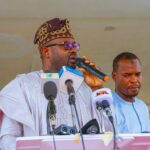

![Former Nickelodeon Star Tylor Chase Found Homeless In California [Video] 11 Former Nickelodeon Star Tylor Chase Found Homeless In California [Video]](https://media.kanyidaily.com/2025/12/22075449/Tylor-Chase-150x150.jpg)
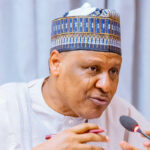

![Busta Rhymes Hints At Settling Down With Nigerian Wife [Video] 17 Busta Rhymes Hints At Settling Down With Nigerian Wife [Video]](https://media.kanyidaily.com/2025/12/20115945/Busta-Rhymes-image-150x150.jpg)


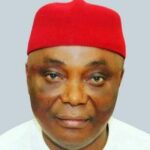

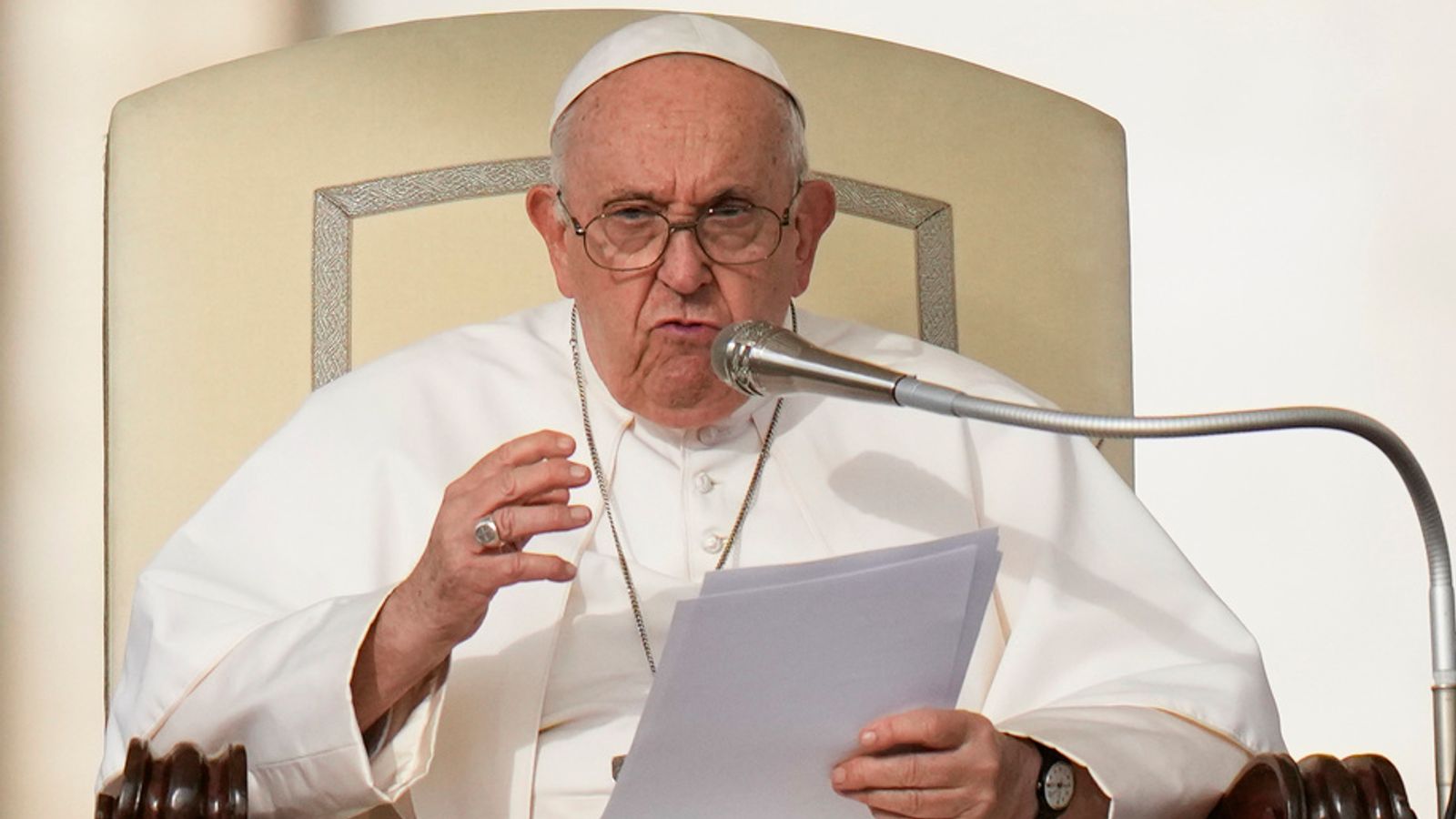

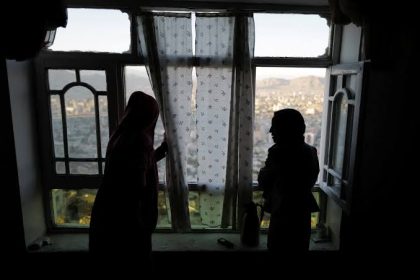

![Two African Cardinals Among 15 Possible Replacements For Pope Francis [Full List] 33 Two African Cardinals Among 15 Possible Replacements For Pope Francis [Full List]](https://media.kanyidaily.com/2025/04/21181630/Successors-To-Pope-Francis-1-420x280.jpg)





!['20 People Missing' As US Bridge Collapses After Collision With Cargo Ship [Photos] 45 '20 People Missing' As US Bridge Collapses After Collision With Cargo Ship](https://media.kanyidaily.com/2024/03/26180501/2024-03-26T121809Z_1970341266_RC2OT6AGK0DT_RTRMADP_3_MARYLAND-INCIDENT-BRIDGE-EXPLAINER-1711456720.webp)
